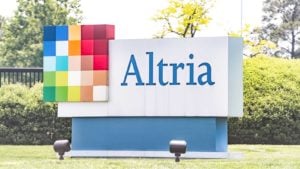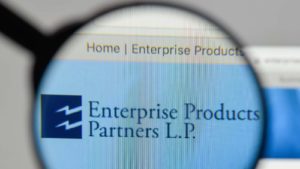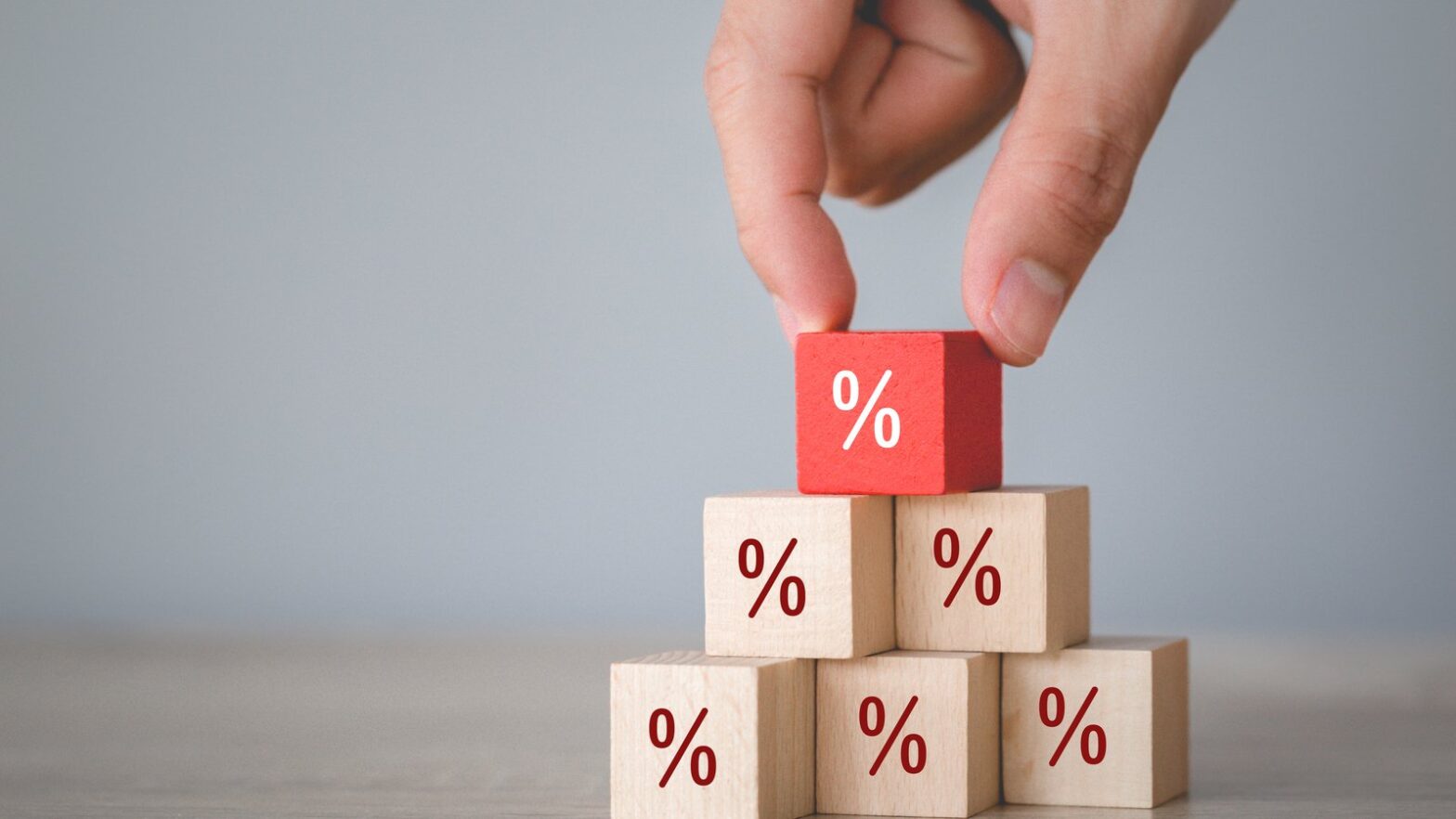Buying dividend stocks is one of the best decisions investors can make. Over the past 100 years, dividend payers have handily outperformed non-payers by a wide margin and with less risk. But many people think that dividend investing means you have to settle for slow-growing, boring stocks that offer dull yields.
Chasing high yield is indeed a fool’s errand and very risky because ultra-high-yield stocks often have problems. The yield spikes as the stock price falls, which may indicate underlying issues, whether with the business or maintaining the payout.
But there are exceptions. The market sometimes misreads the outlook and unfairly beats down a stock’s price. Other times the nature of the business means the stock will have to sport an ultra-high yield. As with any investment decision you make, it requires more than just a surface glance at some metric. You need to look more closely at the company and its prospects. Below are three remarkable companies with ultra-high yields that you should be buying hand over fist.
Altria (MO)

Source: Kristi Blokhin / Shutterstock.com
Particularly after the Walgreens Boots Alliance (NASDAQ:WBA) dividend debacle, tobacco giant Altria (NYSE:MO) is under market scrutiny. While analysts have questioned for some time whether the 9.4% yield makes the dividend sustainable, the implosion at Walgreens put Altria under the microscope again and Wall Street is worried. The stock is down 10% over the past year but I think they’ve got it wrong.
Although smoking rates are in a secular decline, cigarettes are an addicting product that keep customers coming back for more. That makes Altria a very profitable company. It also allows the tobacco stock to throw off considerable free cash flow (FCF). It’s produced almost $8.5 billion over the past 12 months but many people see Altria’s payout ratio of 80% and feel it is dangerously high.
Altria, however, targets mid-single-digit percent dividend growth and a payout ratio of 80% of adjusted earnings per share. That means it walks in lockstep with those goals and generates sufficient cash flows to support the payout.
Because it is also aggressively pursuing alternatives to smoking, such as electronic cigarettes, nicotine pouches and other reduced-risk products, Altria has plenty of growth ahead. That makes its current price around $40 a share a bargain.
Ares Capital (ARCC)

Source: Pavel Kapysh / Shutterstock.com
Business development company (BDC) Ares Capital (NASDAQ:ARCC) is one of those stocks where its business informs its dividend yield. The law requires BDCs to pay out at least 90% of their taxable income as dividends to shareholders. That tends to result in high dividend yields. For Ares Capital, that is currently 9.5% annually.
The asset management stock is also the largest publicly traded BDC. It owns a portfolio of some 490 middle-market businesses worth almost $22 billion. They stretch across numerous industries and geographies and helped power Ares to double the performance of the S&P 500 over the past two decades.
Yet it has lagged the market in the current high-interest rate environment. The Federal Reserve’s pugnacious attempt to reel in inflation by hiking interest rates hit BDCs like Ares hard. Because they are highly leveraged and have to borrow money to invest, the higher rates inflate their cost of doing business.
Ares, though, offers investors a decade of base-dividend growth exceeding 26%. It also generates cumulative core earnings and net realized gains well above the dividends paid. With the potential for interest rate cuts this year, the lending market should improve for Ares. That will give investors greater capital appreciation to go along with its superlative income stream.
Enterprise Products Partners (EPD)

Source: Casimiro PT / Shutterstock.com
Midstream oil and gas operator Enterprise Products Partners (NYSE:EPD) is a cross between Altria and Ares Capital. On the one hand, there’s a call for an energy transition away from fossil fuels over the next few decades. On the other, its business necessitates a high yield. Shares of Enterprise are up just 4% over the past year leading its dividend to yield 7.5% annually.
Yet energy demand is only going to keep growing in the decades to come. Renewable energy sources won’t be able to meet it. They may assume a larger percentage of the total, but oil and gas have a significant and necessary role to play. This is good news for Enterprise Products Partners, which offers transportation and storage services. It gets paid regardless of whether its customers use the available capacity. That’s because it operates on long-term fixed contracts.
EPD carefully invests in its operations to grow the business for the benefit of itself and for shareholders. It also has a long history of returning value to investors in the form of dividends and share buybacks. With a track record of raising the payout for 25 years, it is the only Dividend Aristocrat with an “A” corporate rating and a better than 7% yield.
The current environment is holding back the stock but investors can use that opportunity to buy in at a discount in anticipation of future growth.
On the date of publication, Rich Duprey held a LONG position in MO and WBA stock. The opinions expressed in this article are those of the writer, subject to the InvestorPlace.com Publishing Guidelines.

